India’s most exceedingly awful COVID-19 flare-up is set to extend the generally stressed financial budget of Indian states, making it all the more exorbitant to acquire exactly when they need the cash to serve their economies.
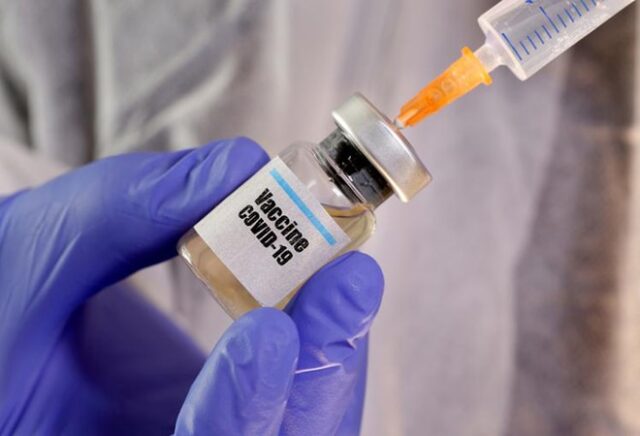
What Is The Issue At Hand?
India’s 28 states will have to foot about $5 billion or more in vaccination costs after the federal government suddenly made them responsible for vaccinating most adults from May 1, this year.
Since they hadn’t budgeted for the steps to tackle a second wave, their options to meet the additional expense are limited to cutting capital expenditures, selling public assets, and boosting borrows.
An estimation shows it will cost states 354 billion rupees ($4.8 billion) to offer two vaccination doses to around 590 million Indians in the 18-to-44 age bracket, at a consolidated expense of 600 rupees for each individual.
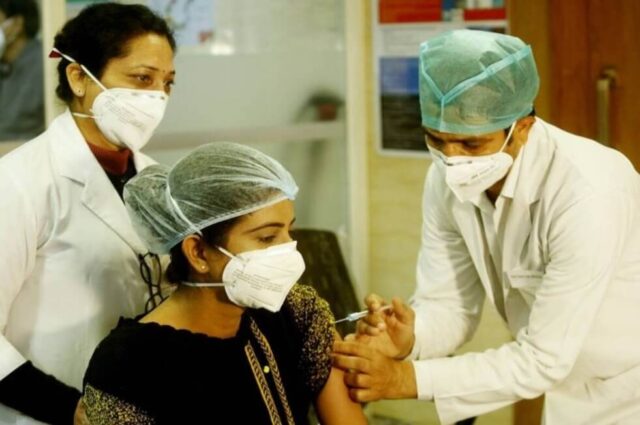
The additional burden couldn’t have come at a worse time for states, which are facing higher yields on market borrowings this year amid the threat of widening fiscal deficits.
Failure by states to raise and spend enough money risks holding back the recovery from losses of last year. States account for 60% of total government spending on asset creation and infrastructure building, which drive employment and funding.
Areas are experiencing issues drawing in unfamiliar financial investors notwithstanding paying yields that are regularly higher than those on government obligation.
Worldwide assets have utilized just 1.2% of the 676-billion rupee venture limit access to them in notes given by states as of May 10, down from 4.8% two years prior.
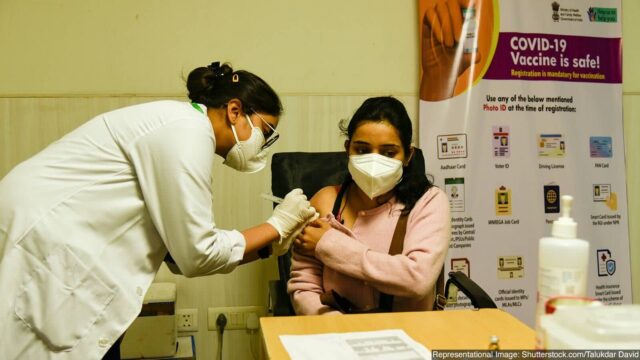
“Finances are bound to be affected, the ax will certainly fall on capital expenditure,” said the Health and Commercial Tax Minister of the central Indian state of Chhattisgarh, T.S Singh Deo.
Why Is It Happening?
The government’s administration has urged states to offer resources for reserve spending plans in the current year. That is one approach to cut down the obligation trouble, explained Palanivel Thiaga Rajan, ex-Wall Street financier and recently designated Finance Minister of Tamil Nadu.
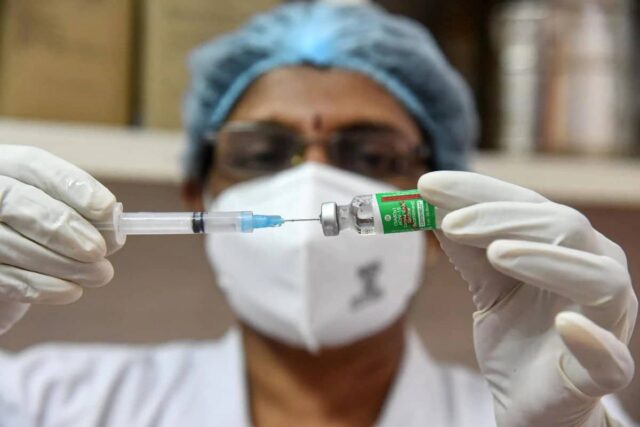
“Everything is on the table,” he said. “We will cut back on a bunch of spending that we don’t think is essential during this time. We will try to raise new sources of funds. We will try to do some restructuring of the debt. We will look at asset sales,” he added.
How Are States Reacting?
To overcome any issues, Rajasthan is wanting to sell or rent out unused properties. Telangana, a southern state, is intending to sell land bundles to raise around 145 billion rupees, as indicated by nearby media reports.
“States have to fend for themselves,” said Punjab’s Finance Minister Manpreet Singh Badal. “Even though we increased our health budget by 18% this year, I see my health budget going up further on account of this emergency. There is no other way.”
Also Read: India’s Fiscal Deficit Goes Beyond 135% Of Target Budget; What Does It Mean?
Still, there’s no guarantee these deals will come through. Even the federal government has failed to achieve divestment targets for the past two years after failing to sell flag carrier Air India Ltd. and Bharat Petroleum Corp., a state-owned oil refiner. Those sales have been carried forward to the current year.
Uttar Pradesh, saw the hole broaden to 4.17% of the state’s GDP in the year finished March 31, contrasted with the endorsed furthest reaches of 3%. Bihar, among the country’s most devastated regions, assessed the hole at practically 7%.
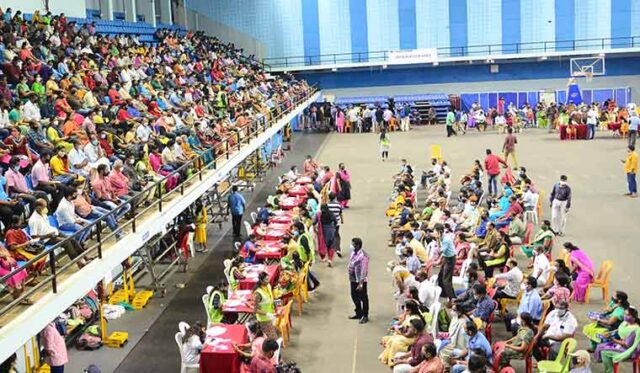
The pandemic has changed states’ financial plans fundamentally, as indicated by the national bank.
The normal gross shortage for states that introduced their spending plans before COVID was 2.4% of yield, while after the lockdown it remained at 4.6% in the year finished in March, as indicated by the Reserve Bank of India.
States may miss their objective of narrowing the spending hole this year. Even though there’s no public lockdown, this chance to stem the destructive second influx of the pandemic, a few states have forced nearby development checks that are harming monetary action and income assortment.
Image Credit: Google Images
Sources: MintLive, PrintIndia, Bloomberg
Find The Blogger: @saba_kaila0801
This post is tagged under: COVID-19, flare-up, India’s 28 states, 354 billion rupees ($4.8 billion), widening, fiscal deficits, T.S.Singh Deo, health, and commercial tax minister, financial investors, Finance Minister, Manpreet Singh Badal, raise new sources of funds, Air India Ltd., Bharat Petroleum Corp, Rajasthan, Uttrakhand, Punjab, Vaccination, Vaccine, COVID-19, Indian Budget, Modi government, Indian state budget,
Other Recommendations:
How Much Can One Trust Social Media Tips For Investments In The Stock Market?


































